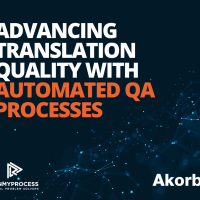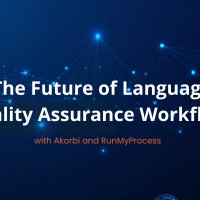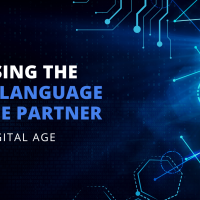Unedited output from the MT engine, suitable for low-impact content with the fastest turnaround time. This can be done with trained or untrained engines.
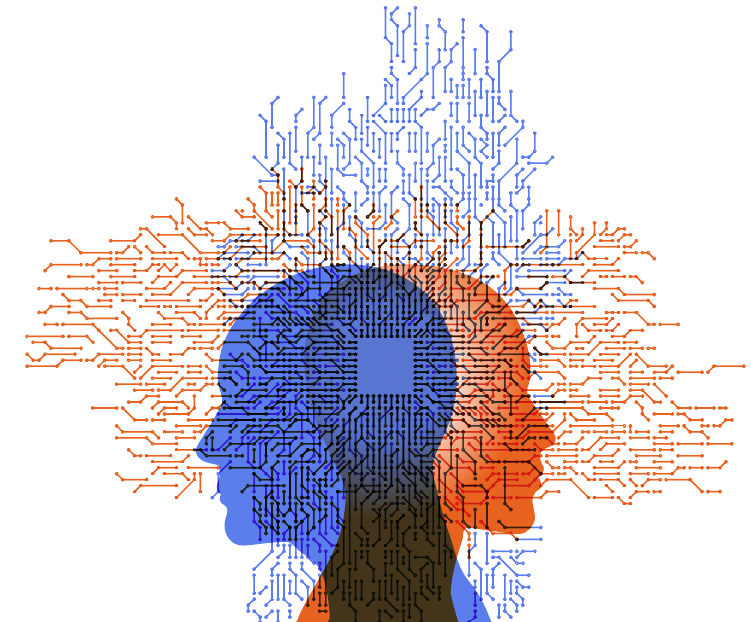
Machine Translation Reimagined: Akorbi Technology's Innovative Approach
In the modern world, businesses require fast and effective translation solutions to overcome language barriers and connect with a larger audience. Machine Translation (MT) is a valuable tool that utilizes sophisticated algorithms and artificial intelligence to deliver rapid and accurate translations across various content types and languages.
Human Translation for Branding and Cultural Sensitivity
For critical content like legal documents, medical records, or technical manuals, Human Translation (HT) is preferred for its accuracy. Skilled experts ensure precision. Machine Translation Post-Editing (MTPE) uses software initially, refined by experts. Choose the right method to maintain quality, respecting cultural nuances and your brand's voice. Opt for Human Translation for sensitive or complex content, involving experts at every step.
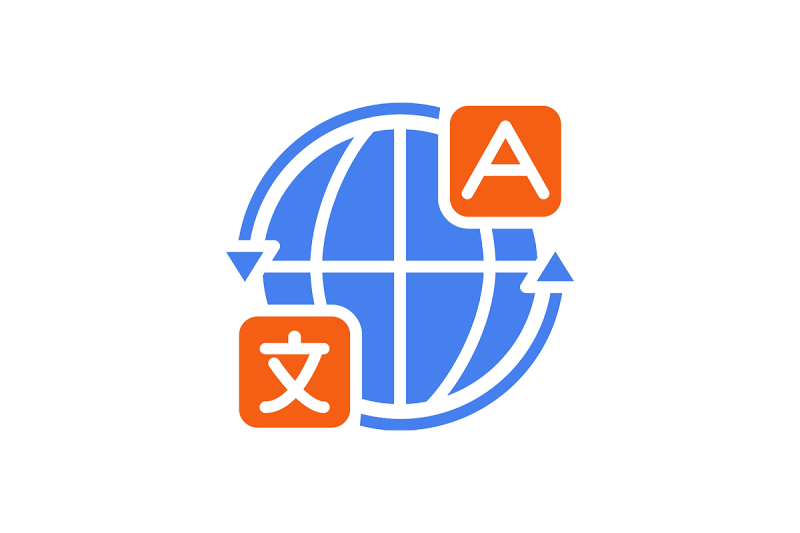
Understanding the Distinctions between Raw Machine Translation Output, Light Post-Editing, and Full Post-Editing
Although MT offers many advantages, it also has its limitations. The lack of human touch present in raw MT output can result in translations that may not accurately capture the subtleties of language, cultural nuances or client preferences. To overcome these limitations, Akorbi offers different levels of MT output.
Raw Machine Translations
Light Post-Editing
Often use when the main focus is to improve the readability and objective accuracy of a text with minimal human intervention, making it an ideal approach for projects that prioritize efficiency and quality.
Full Post Editing
Comprehensive human review to refine the translation, ensuring it is of the highest quality and culturally appropriate.
Engine Training for Increased Quality
Akorbi perform a comprehensive rollout process including a personalized discovery phase for your content, language and quality needs. This may result in proposing Engine Training before kicking off MT in production. MT engine training will help customize the base model to industry and client – specific language and style. This in turn reduces the amount of edits necessary to be made by the post-editor, and thereby time and cost involved in the process, compared to that of an untrained engine.
This approach is particularly valuable for specialized industries, where standardized terminology is essential for effective communication. For engine training, it is important to have large client data in the form of translation memories and glossaries, however even more critical is the quality of this data. The MT engine will directly reflect the data it is trained on, in its output, so benefits will be reaped by maintaining clean data for this process.
It is important to note that training an engine does not re-train the MT base model engine, but acts as an overriding mechanism that applies predetermined translations for specific terms and general style preferences across the text. This ensures that custom terminology and style is prioritized while still benefiting from the extensive training of the underlying language models.
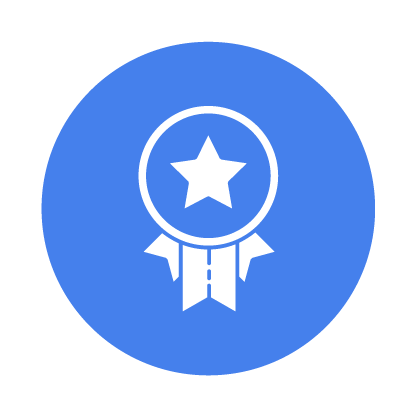
Understanding the BLEU Score
The BLEU (Bilingual Evaluation Understudy) score is a metric that evaluates the quality of machine-translated text by comparing it to reference translations. By continually analyzing the performance of various MT engines for different languages and content types, and selecting the most suitable engine based on these findings, the highest translation quality can be achieved.
The evaluation process involves two steps: automated metrics and human evaluation. The first step involves the use of metrics like the BLEU score, and soon, others like METEOR, COMET, and TER. The second and most valuable metric is human evaluation, which incorporates the Post-Edit Distance (PED) metric. This metric is used on an ongoing basis to accurately measure turnaround and pricing expectations, as well as to monitor quality levels by identifying project and language trends. Through this combination of automated and human evaluation, the overall translation quality can be consistently maintained and improved.
Akorbi News
Get a behind-the-scenes look at Akorbi through our news stories, filled with the latest updates, industry trends, and in-depth features.
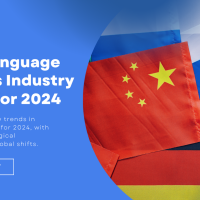
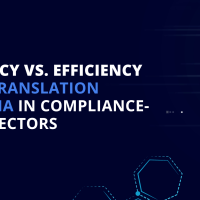
Akorbi Recognition
We strive to provide our clients with the highest-quality language services and game-changing technology, and we’re proud to share that our efforts have been recognized time and again.

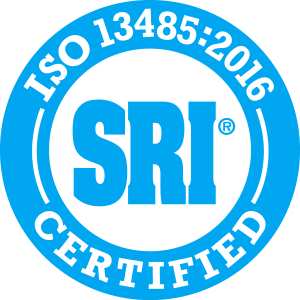
ISO 13485:2016
Certification: ISO 13485:2016
Certification body: SRI
About ISO 13485: ISO 13485:2016 specifies requirements for a quality management system where an organization needs to demonstrate its ability to provide medical devices and related services that consistently meet customer and applicable regulatory requirements.

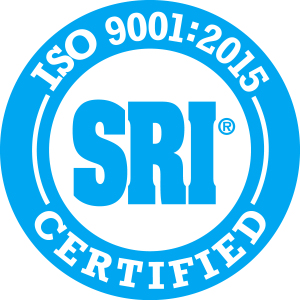
ISO 9001:2015
Certification: ISO 9001:2015
Certification body: SRI
About ISO 9001: ISO 9001:2015 specifies requirements for a quality management system.

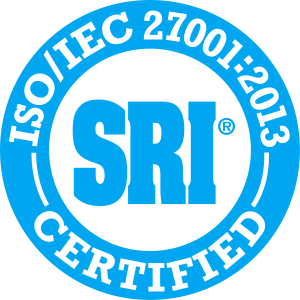
ISO 27001:2013
Certification: ISO 27001:2013
Certification body: SRI Quality System Registrar
About ISO 27001: ISO 27001 is the international standard for information security management system for continuing conformance to information security requirements. To know more about this standard, click Learn More below.
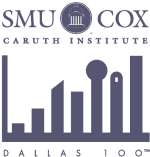
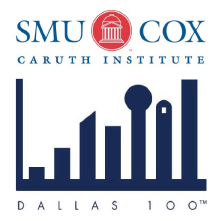
Dallas 100
For 30 years, the Caruth Institute for Entrepreneurship at the SMU Cox School of Business and the Dallas 100TM sponsors have celebrated the innovative spirit, determination and business savvy of area entrepreneurs. We have saluted the diversity, creativity and resolve it takes to create and sustain a successful business in today’s competitive environment.
Learn More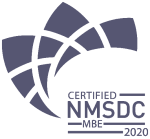
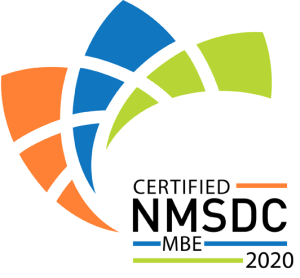
Minority Business Enterprise
Certification: MWBE Minority Business Enterprise
Certification body: State of Tennessee
Objective: Certified to perform business at the state of Tennessee level as a Minority Business Enterprise.


Proud Sponsors of Translators Without Borders
Translators without Borders is a nonprofit working toward a world without language barriers.
Learn More
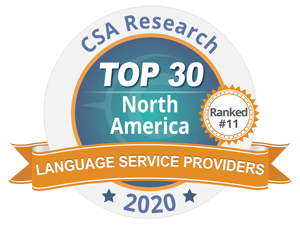
CSA Research
Common Sense Advisory (CSA) Top 30 NA Language Service Providers Rankings:
- 2020
- Global: 29
- North America: 11
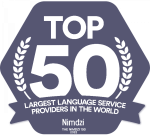
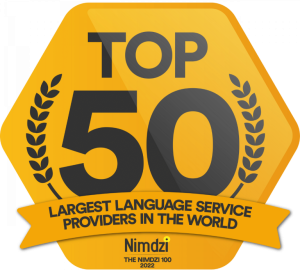
Nimdzi Insights
Nimdzi is a market research and international consulting company that works towards
providing clients with the insights needed to succeed on a global scale.
- 2018
- Global: 24
- North America: 12
- 2019
- Global: 36
- North America: 11
- 2020
- Global: 35
- North America: 12

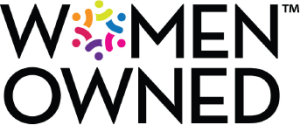
Women Owned
Certification: Women-Owned Enterprise
Certification body: North Central Texas Regional Certification Agency
Objective: Certified to perform business at the local government level as a MWBE.

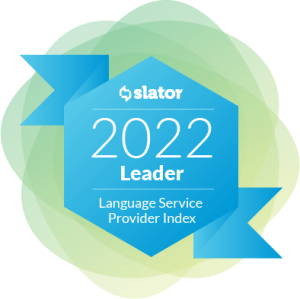
Slator LSP Index
The Slator 2020 Language Service Provider Index is a ranking and index of the world’s largest language service providers, translation agencies, localization providers, interpreting services providers, and language technology companies.
- 2018
- Global: 28
- North America: 13
- 2019
- Global: 27
- North America: 9
- 2020
- Global: 26
- North America: 10
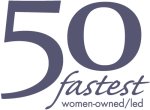
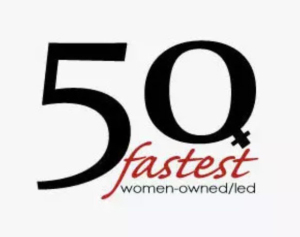
50 Fastest Women-Owned / Led
Certification: Women-Owned Enterprise
Certification body: Women’s Business Enterprise National Council – Southwest
Objective: Certified to conduct business as a woman-owned business.
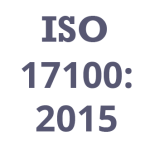
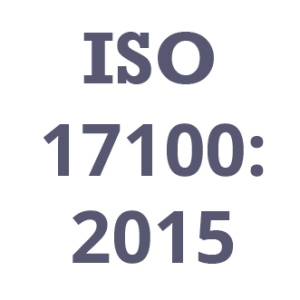
ISO 17100:2015
Certification: ISO 17100:2015
Certification body: SRI Quality System Registrar
About ISO 17100: ISO 17100 is the international standard for information security management system for continuing conformance to information security requirements. To know more about this standard, click Learn More below.
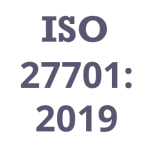
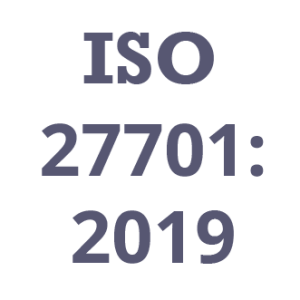
ISO 27701:2019
Certification: ISO 27701:2019
Certification body: SRI Quality System Registrar
About ISO 27701: ISO 27701 is the international standard for information security management system for continuing conformance to information security requirements. To know more about this standard, click Learn More below.
We Speak Over 170 Languages
Akorbi ensures that cultural differences never hinder communication. Our dedicated team is ready to facilitate your global interactions with unmatched precision. Connect with us today and let's navigate the world of languages together.
